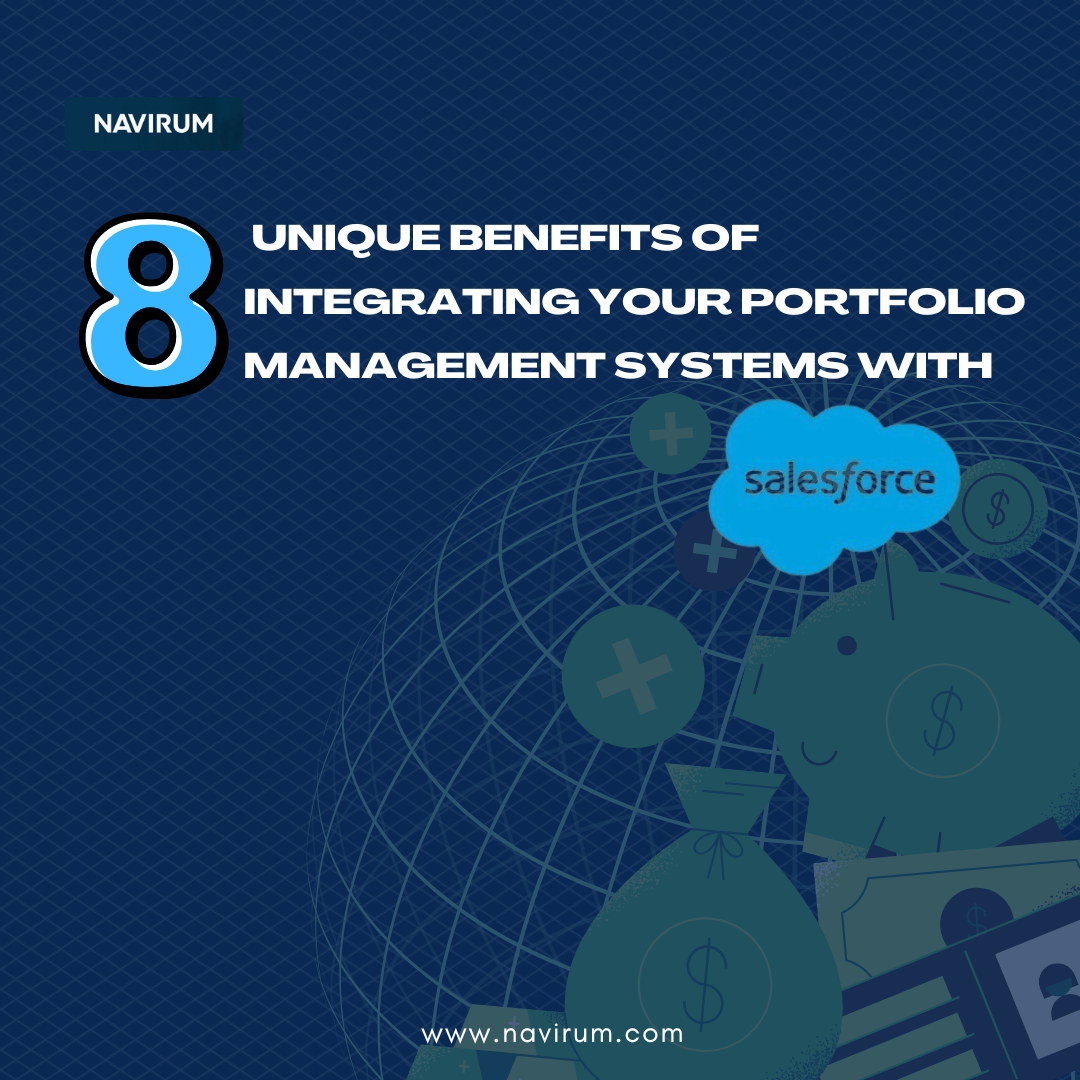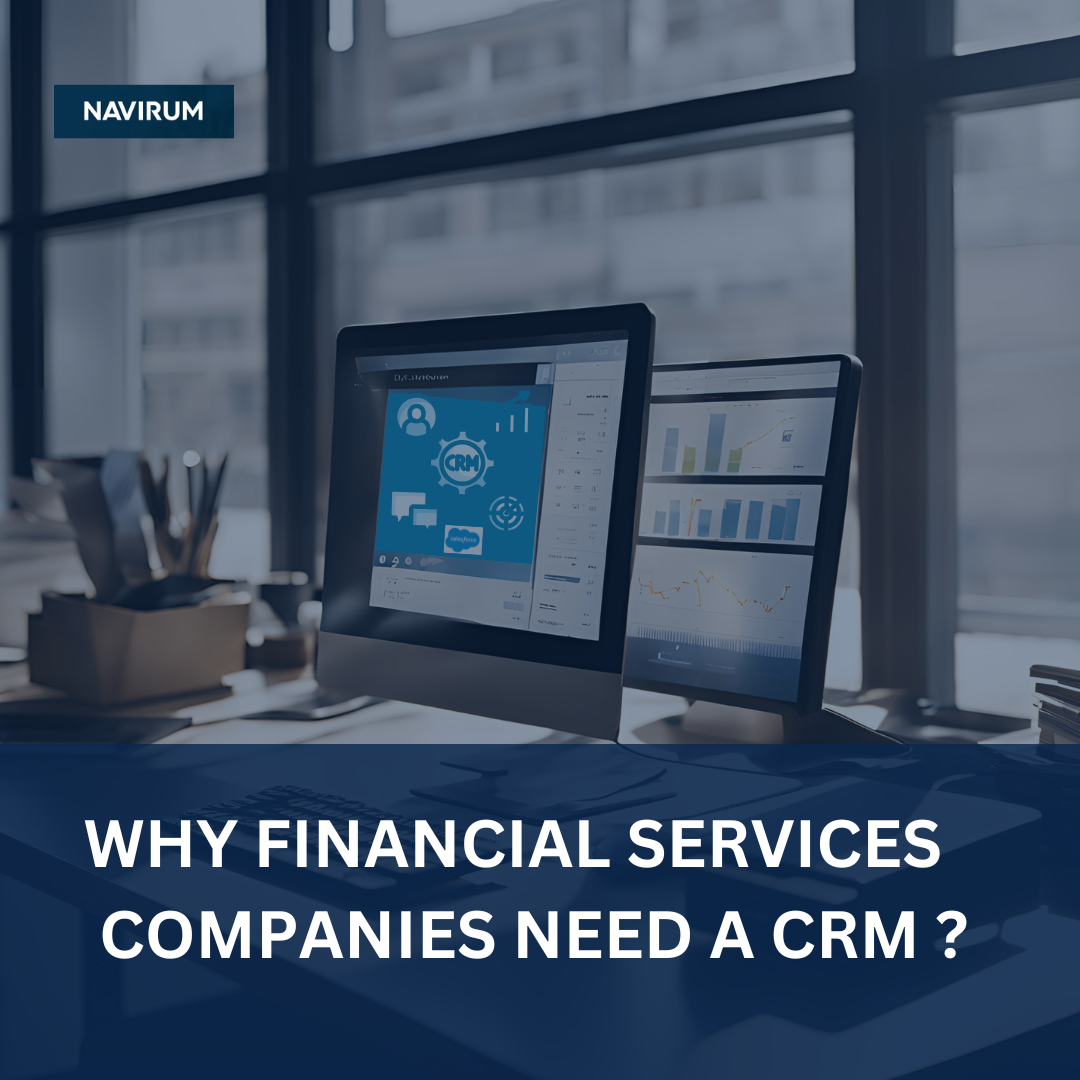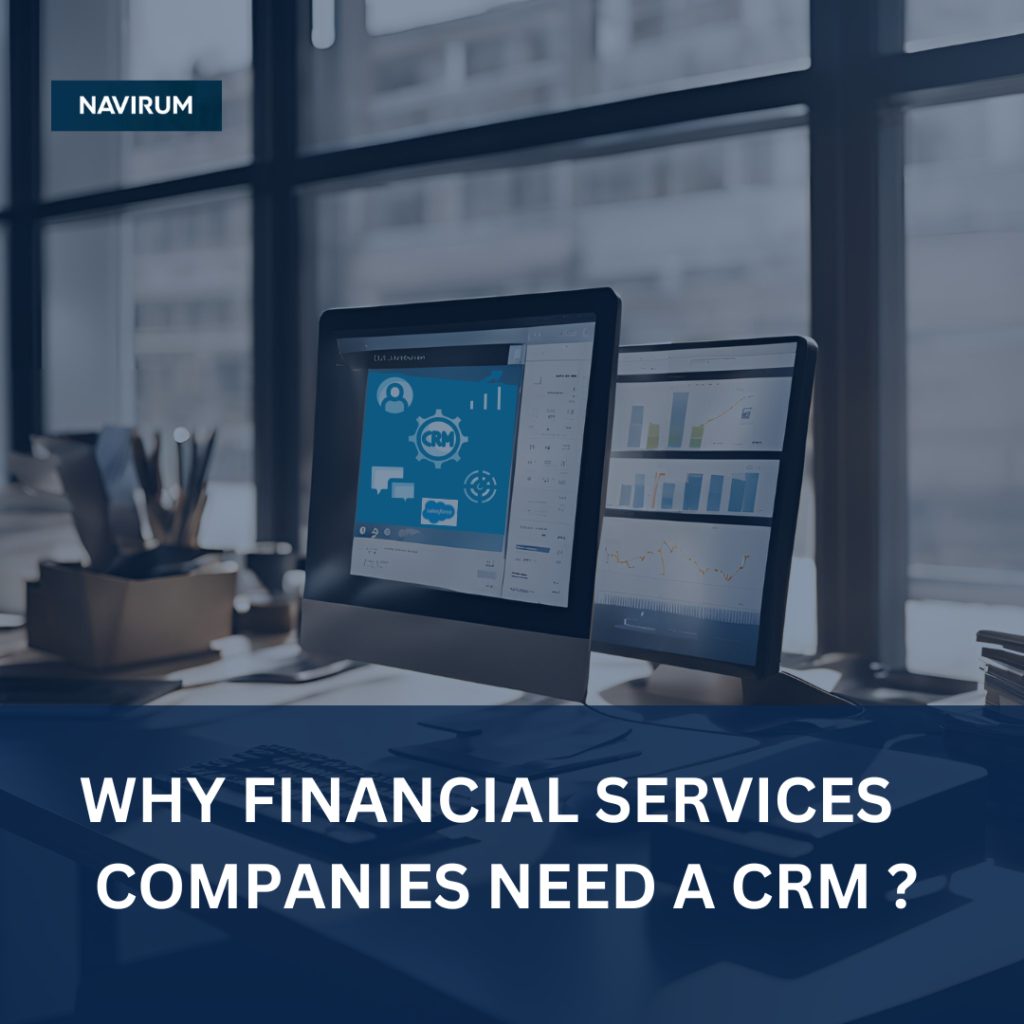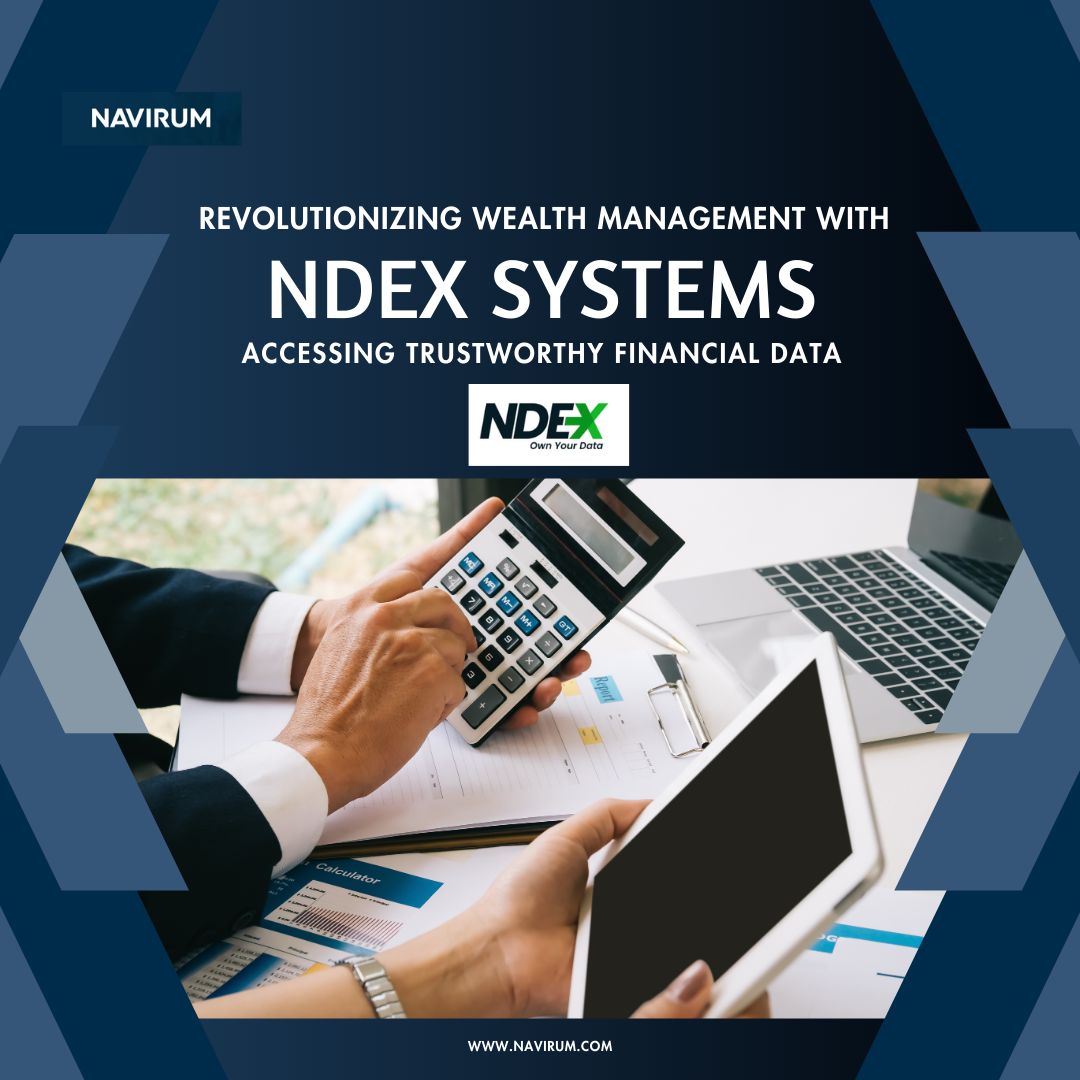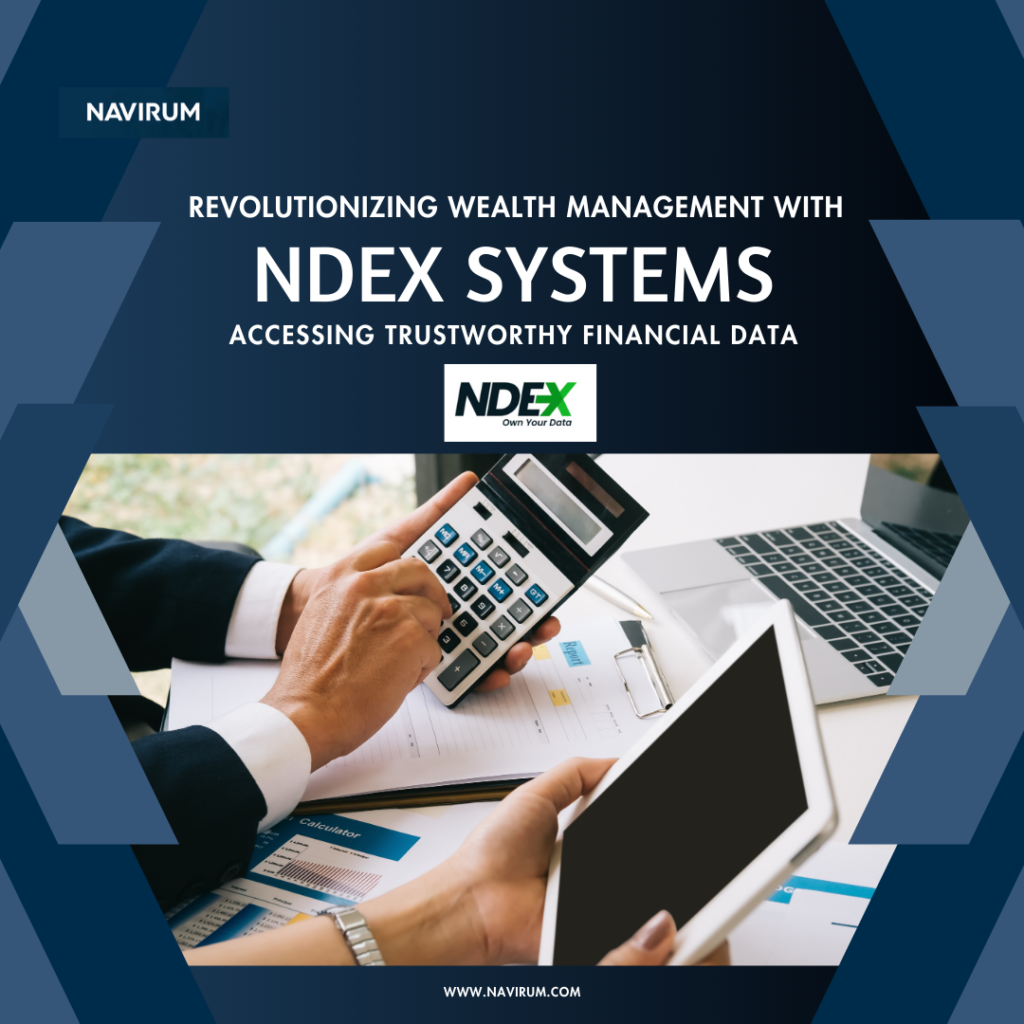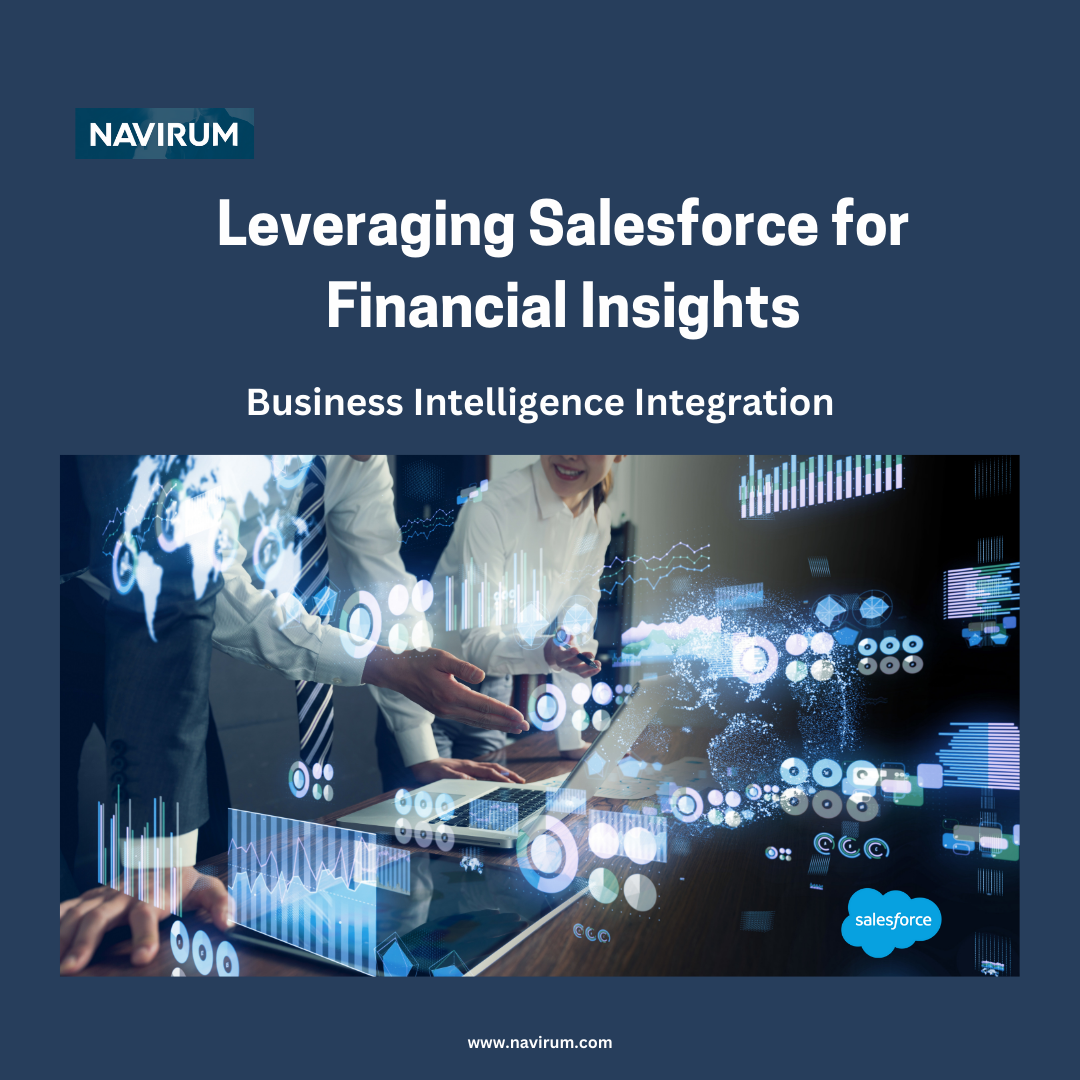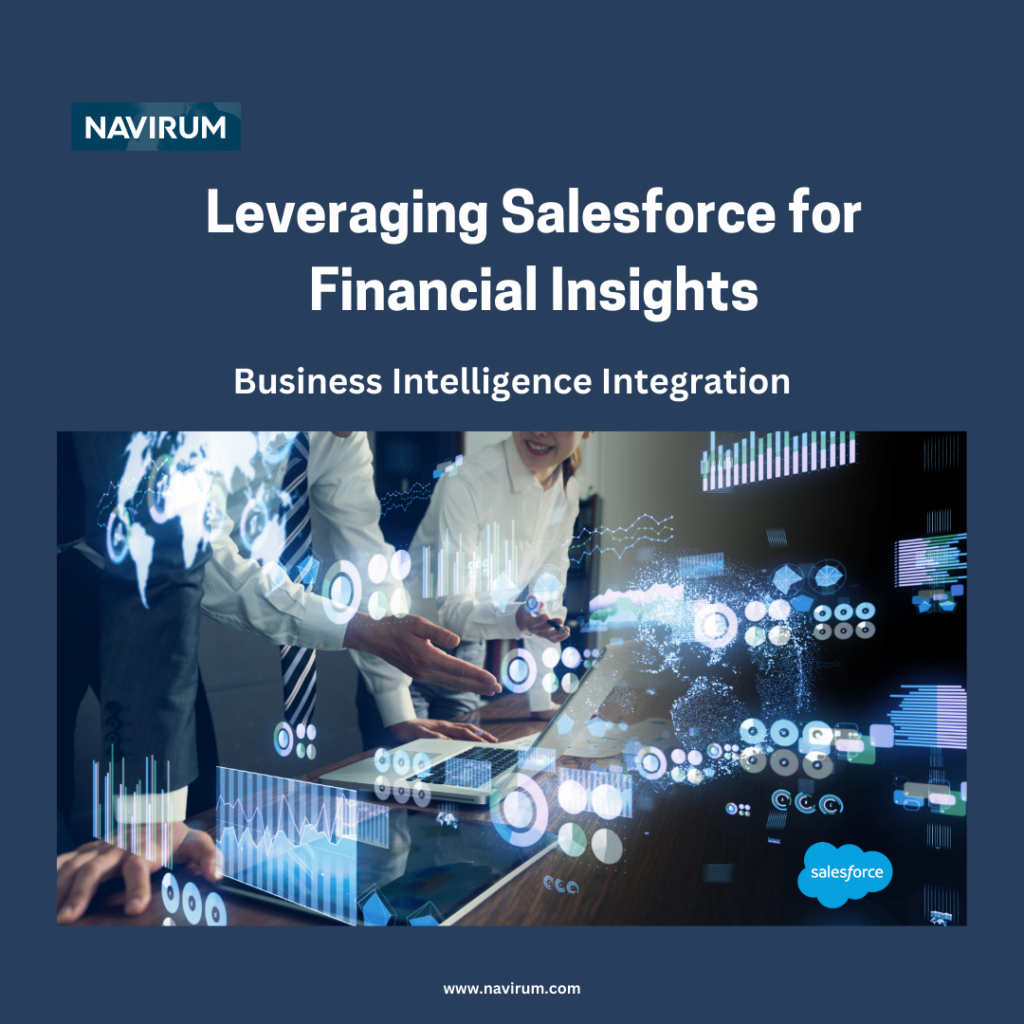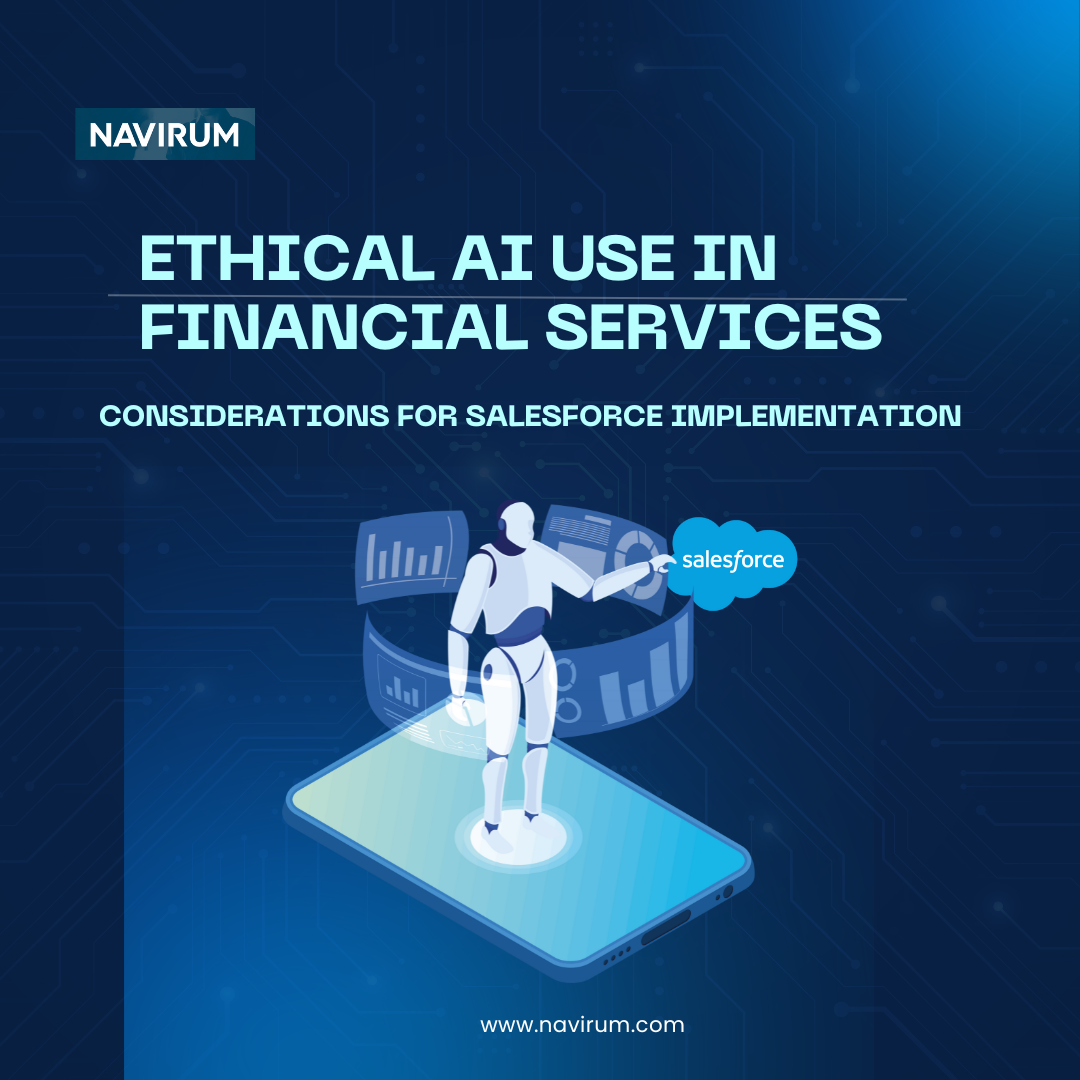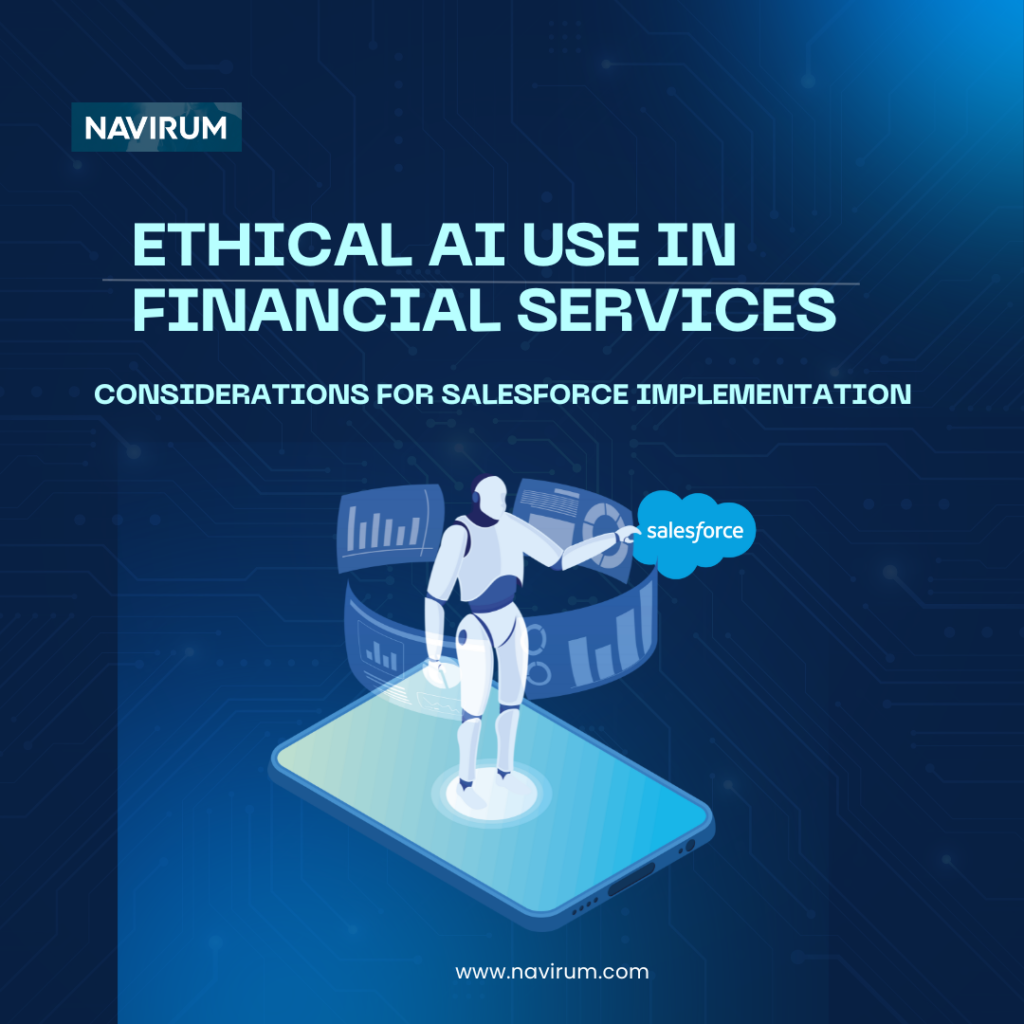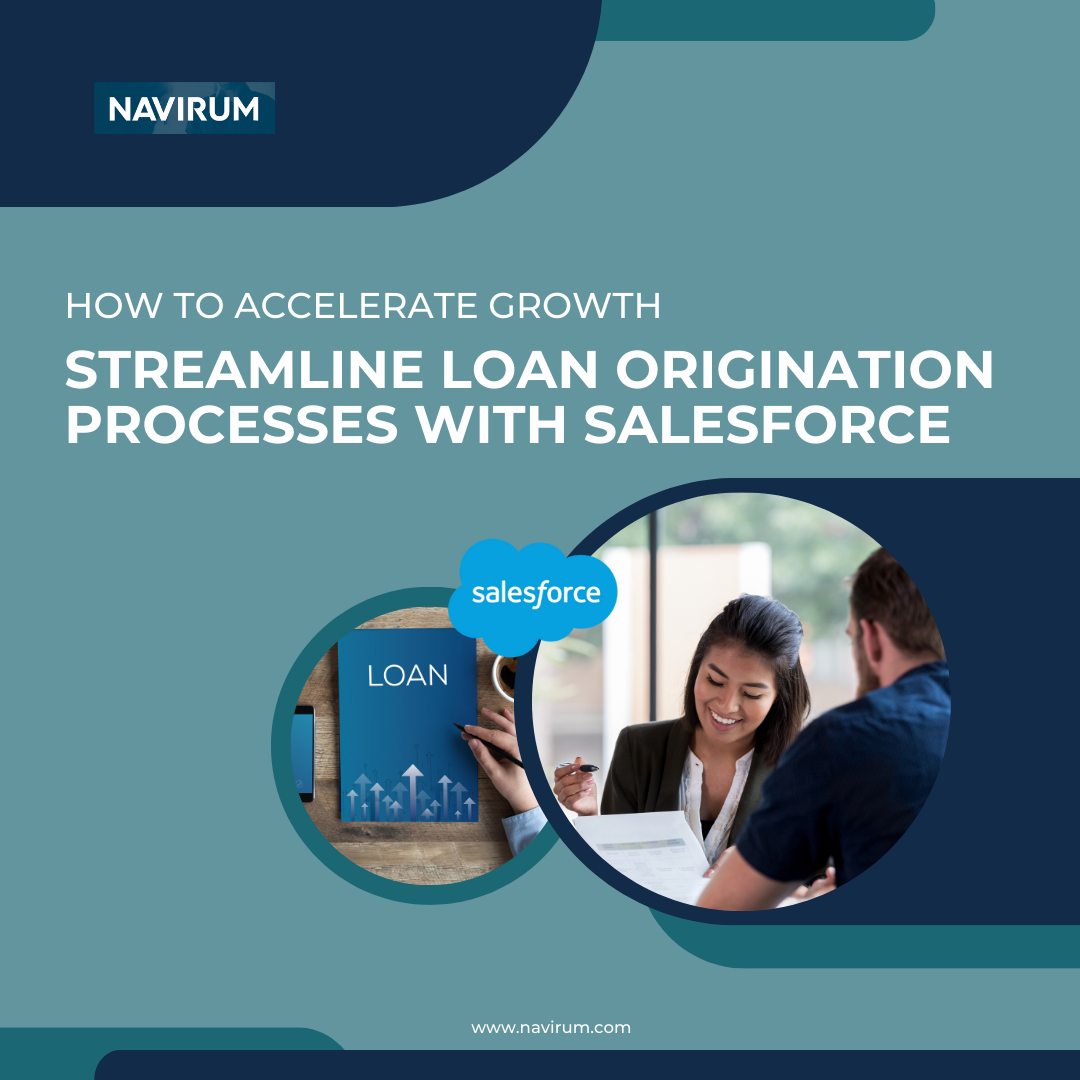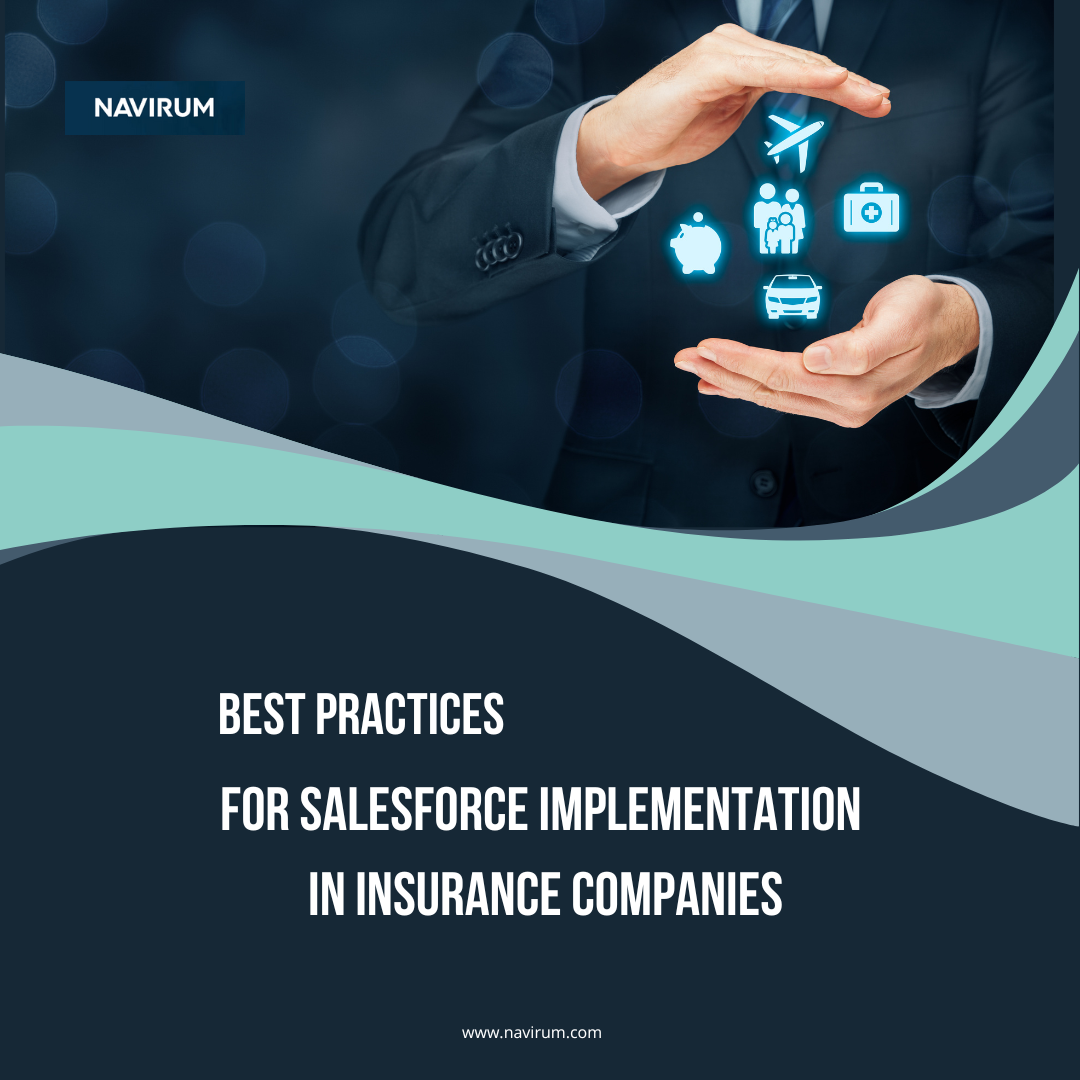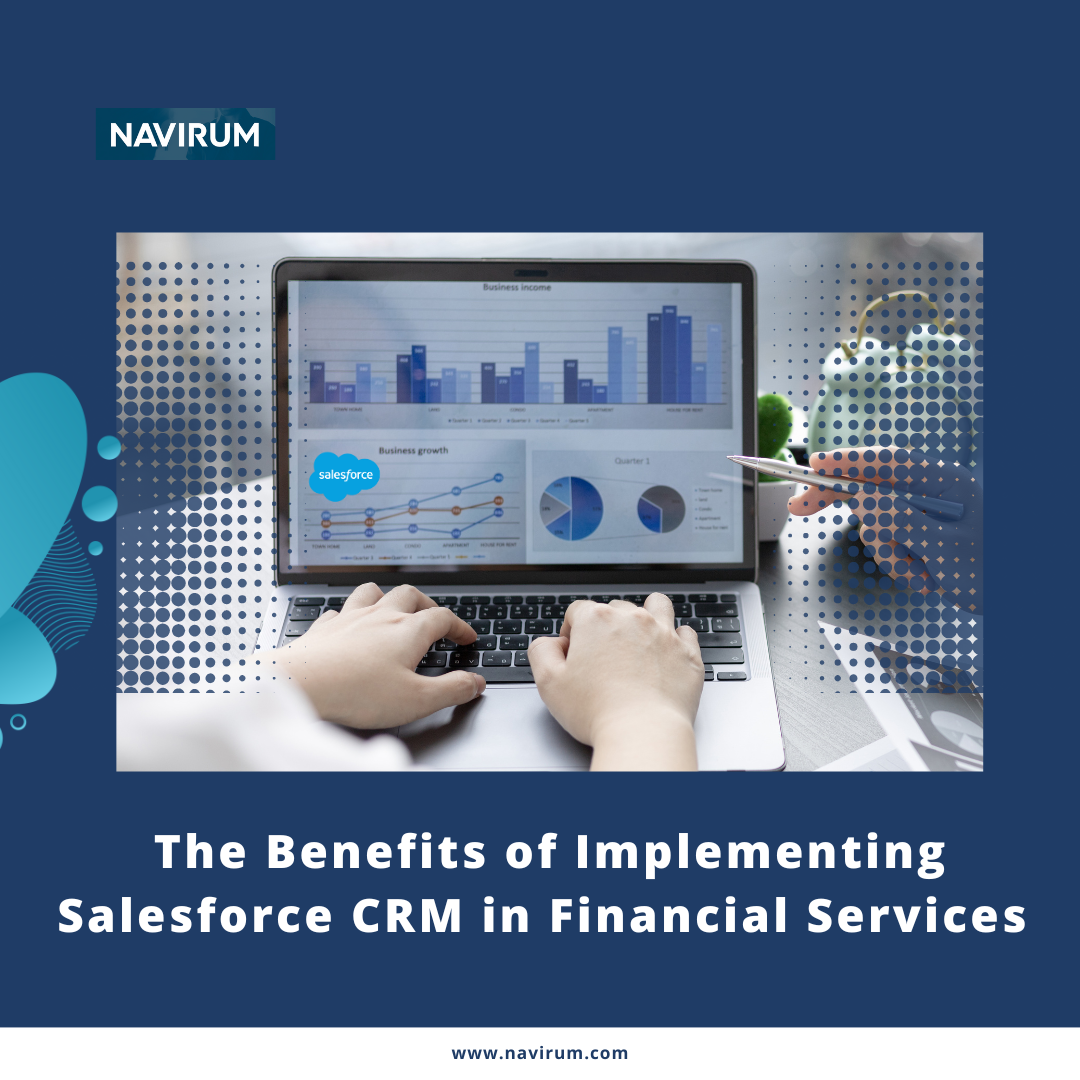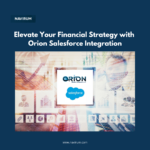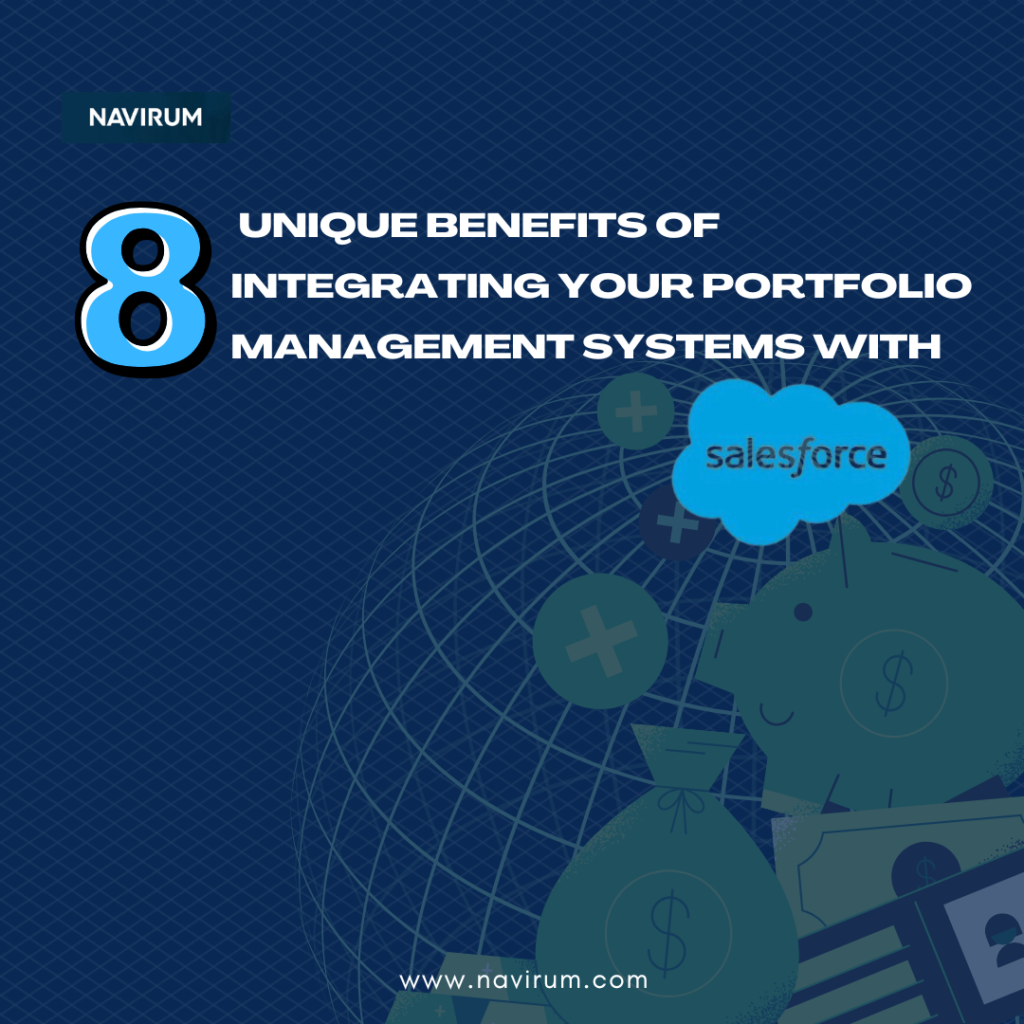
For financial advisors in North America, efficiently managing portfolios while staying compliant is as critical as keeping your coffee strong on a Monday morning. Integrating your portfolio management systems (PMS) with Salesforce—whether through Financial Services Cloud, Sales Cloud, or both—can streamline your operations faster than a drive-thru line during rush hour. Here’s a look at eight benefits this Salesforce integration for financial services firms can bring, and yes, they’re smoother than your favorite iced latte.
A Real 360-Degree View of Your Client
Integrating PMS like NDEX, D1G1T, Harmony, or Croesus with Salesforce gives you a view of your clients as clear as a sunny day on the open road. With real-time access to portfolio data, you can offer client interactions that are more personal and efficient, cutting down on manual work and giving you more time to focus on what really matters—growing your business. Custom Salesforce solutions for wealth management firms allow you to scale effortlessly.
Streamlined Compliance and Reporting
In financial services, regulations are no joke. Whether you’re dealing with Canadian Securities Administrators (CSA), IIROC, or guidance from the Portfolio Management Association of Canada (PMAC), staying compliant is a must. Salesforce Financial Services Cloud integrates with your PMS to automate compliance tracking and reporting, ensuring your audits run smoother than your favorite road trip playlist. Salesforce compliance solutions for Canadian financial services can make this process even more streamlined.
Improved Productivity Through Workflow Automation
Automating tasks like data entry and reporting is like setting your car on cruise control—it makes the ride a whole lot easier. Whether you’re using Financial Services Cloud or Sales Cloud, automation frees up your time to focus on the bigger picture: client strategy and portfolio growth. Think of it as putting your productivity into overdrive. For those looking for financial advisor productivity tools with Salesforce integration, automation is key.
Consolidated Data for Better Insights
With Salesforce, you can bring all your client data into one dashboard—no more juggling apps like you’re trying to merge onto the highway at rush hour. Whether it’s through Financial Services Cloud or Sales Cloud, consolidated data lets you analyze trends and make decisions with the confidence of someone who’s just found the perfect parking spot. Best Salesforce consultants for asset management firms can help you make the most of these data-driven insights.
Enhanced Communication and Collaboration
Teamwork makes the dream work, right? Salesforce integration makes it easy for your team to stay on the same page, whether they’re sharing client reports or collaborating on portfolio strategies. Better communication leads to better results, and when your team is operating smoothly, it’s like a well-oiled machine on a cross-country road trip—everyone’s in sync. How to integrate portfolio management systems with Salesforce becomes crucial for firms looking to optimize their operations.
Better Risk Management
Managing portfolio risks in real time? That’s like having a built-in GPS for your investments. Salesforce integration lets you track portfolio risks and set up alerts for potential issues before they become major detours. With Financial Services Cloud, you can manage risks with the precision of a driver avoiding potholes on a long stretch of highway. Expert Salesforce consultants for portfolio management system integration can help you stay ahead of the curve.
Secure Data Storage and Compliance
When it comes to client data, security is everything. Salesforce’s data storage is as locked down as your favorite streaming service password (but easier to recover if you forget it). Fully compliant with North American privacy laws like PIPEDA, and ready for the federal government’s Open Banking integration with Salesforce for Canadian financial institutions, Salesforce ensures your client data is protected and audit-ready at any time.
Scalability for Growth
Salesforce is built to grow with you, just like your need for extra cupholders on a road trip. Whether you’re managing a small firm or expanding across cities, Financial Services Cloud and Sales Cloud let you scale effortlessly. With Salesforce, you’ll be ready for growth as smooth as a freeway on Sunday morning—no traffic, just wide-open possibilities. Salesforce data integration for multiple custodians and data feeds ensures that firms can scale while managing complex data needs.
Navigating the Complexity of Integration
Integrating a PMS with Salesforce isn’t always a straight shot down the interstate. Each firm has its own unique mix of custodians, data feeds, and even insurance products. Think of it like navigating a complex highway system: no two routes are the same, and sometimes you need a little help finding the best way forward.
That’s where Navirum comes in. As experts in Salesforce integrations for financial services, we know the ins and outs of these systems like a GPS that’s always rerouting you to the fastest option. Whether your integration requires a direct API connection or a more customized approach, Navirum is here to guide you through the process, ensuring your systems are integrated seamlessly. So sit back, relax, and let us handle the technical details—you’ve got clients to impress and portfolios to grow.
